Here along the most conservative stretch of Old Route 66, the characteristic of religiosity commensurate with the values of the political majority comes with the territory. I can personally attest that a strong religious atmosphere in Tulsa was the norm of my childhood and adolescence. Even as a young boy, the open competition among the local churches for new members was apparent and ongoing with varying degrees of intensity. Old time revivals were a fixture on the calendar of many evangelical congregations. Some of those and their institutions are what the City of Tulsa became known for in the milieu of religious faith both nation and worldwide.
Of all the Christian denominations represented in the community, the Southern Baptists accounted for a sizeable slice of the religious pie. This I came to know up close and personal having spent so many Sunday’s of my formative elementary and junior high school years in one of the larger Baptist churches in town. I recall in hindsight that they seemed to always be seeking to grow their flock through “fellowship” (the clerical term for “recruiting”), particularly targeting youth. Much of that revolved around extending public school social circles by members inviting friends and classmates to do things like join a church basketball team. That often led to more invitations to take part in other church sponsored functions such as Wednesday evening youth group activities, vacation bible school, hayrides and holiday parties to name a few. I remember there being some heavy catering to people my age given that my church like a few others in town purchased an old school bus to pick up the youth members and bring them to church on Sunday mornings. I have always associated the memories of my church upbringing with those of my grade school and junior high years. The early grades of churchgoing with my brother and parents were not overly taxing because Sunday School had to be fun in order to control and hold the attention of kindergarten through third graders. It was during the week of Autumn Revival when I was a nine-year-old fourth grader that one of the most traumatic emotional experiences of my entire youth occurred. On a Wednesday evening just after the news ended at 6:30 PM, I was sitting in front of the TV waiting for a program I had been waiting weeks to watch. There was a knock at the front door and my mother answered it. Standing in the doorway were two old church women with bibles in their hands who my mother invited in. One went with my mother to the kitchen to speak with my dad and the other one took me by the arm and led me to the couch. With little introduction she opened her bible and began reading me scriptures. Given my age and grade level, I had not yet developed any tools to challenge or in any way question what she was telling me. I was also not yet even remotely aware I had the constitutional right to tell her “No thank you” and to leave. Not knowing how to express my desire to not have to listen to her, I began to cry. I ended up being walked to the kitchen where my mom asked me point blank what I wanted to do regarding what the old woman was telling me which was followed by being exhorted by my dad to be baptized during Revival. I now see this as the worst kind of piling on that a parent could allow let alone do to a child. I was indeed baptized the following Sunday evening despite my seriously limited understanding of the implications of such a ritual. That is heavy stuff to lay on a nine-year-old. I guess I should not complain. The next religious organization I joined after leaving the Baptists considered eight-year-olds capable to make the conscious decision to choose to be baptized. For the record, being baptized in either faith did little to change anything about my character, my thinking or my behavior.
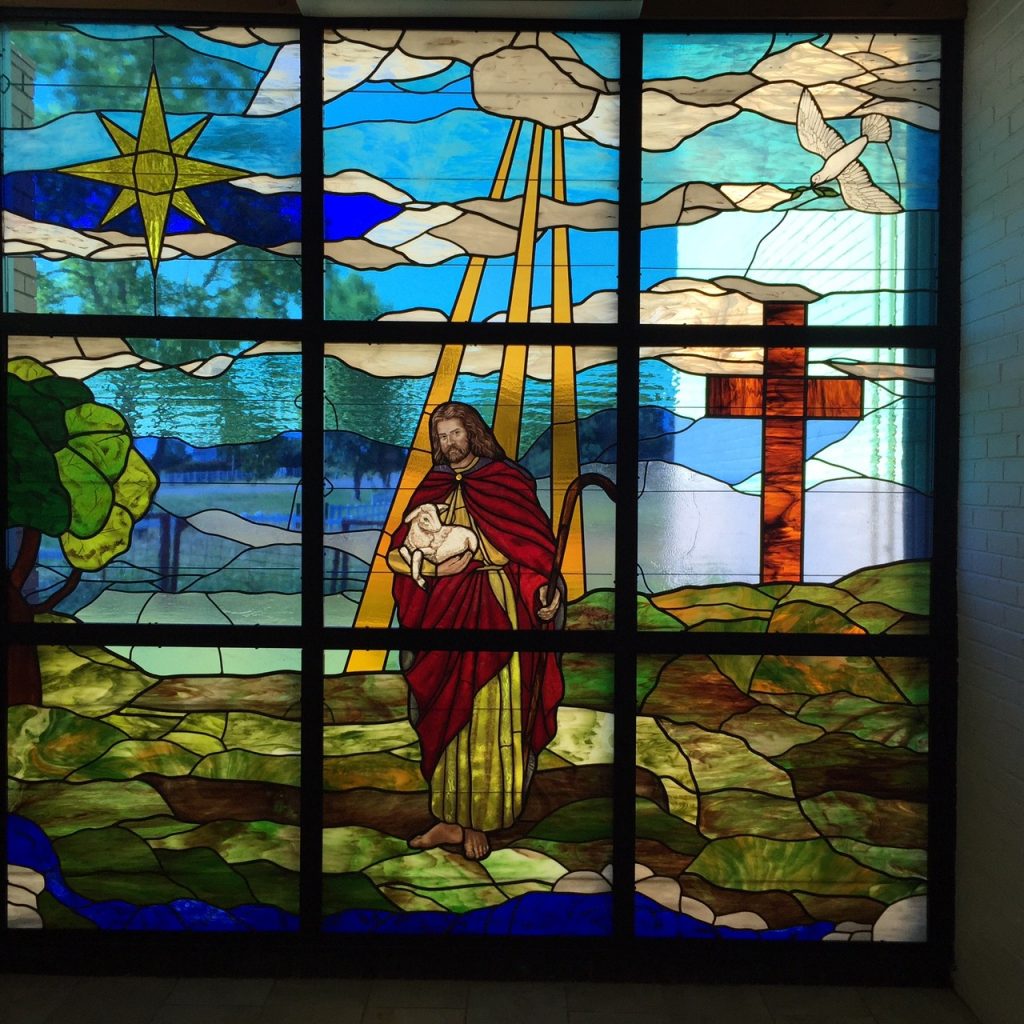
As alluded to above, I eventually left the Baptist Church. From the time I was five years old until the time I was sixteen, I lived next to a garage apartment occupied by Mormon missionaries. One summer when I was fourteen, a motivated pair of missionaries approached my parents and I and over a few weeks gave us their six lessons they give to all investigators. After all the lessons my parents declined their invitation to join up. I on the other hand began to embrace their message. Given our close proximity, I continued my contact with them. By the following summer I was regularly attending church with the missionaries. At the time, without access to full and adequate information that would have significantly altered my viewpoint on their dogma, I easily accepted it as gospel. Next to Baptist doctrine it really sounded like a far better deal, eternally speaking. Despite a number of lifestyle sacrifices, I bought their bill of goods. As a sixteen-year-old high school junior, after obtaining my father’s permission, I was baptized a second time. My father of course did not like it but at least understood my determination and let me make my own decision. Then again it can be fairly said that passing on the trait of magical thinking counts as a failure in parenting, but simple souls like my mom and dad lacked the intellectual wherewithal to even begin to understand such a concept. I myself would not even be capable of comprehending such an idea for a couple more decades. Joining the Mormon church was for me a huge emotion-based decision. Selling and especially buying intangible things like religion require the buyer to suspend critical thought. In America the sellers of such goods are shielded from allegations of fraud as they can conveniently hide behind the First Amendment, but I digress. Sadly, it was for me not the last church-inspired emotion-based decision I made that ultimately resulted in a fair amount of self-inflicted damage. Looking back, it is easy to see the egregiously disproportionate cost/benefit of subjugating oneself to a paternalistic organization that demands absolute obedience to its authority, ten percent of gross income, forsaking coffee, tea, alcohol, tobacco, cola soft drinks and strictly dictates the intimate lives of its members leaving them in a state of frustrating joyless misery. It took me over twenty years of obedient subscribing to that ridiculousness before I finally arrived at a level of enlightenment and liberating realization that it was not for me. In the end I accepted that religion is but a vehicle to assist the individual in acquiring and nurturing a personal sense of inner peace. I did eventually arrive there, but what a twisted and rocky road it was. In early 1996 I along with everyone else living at the time benefitted greatly from a new life changing technological innovation known as the Internet. Indeed, the World Wide Web led me to pertinent information the existence of which I was previously unaware, specifically information on factual origins of the Mormon Church. It just so happened these discoveries were made at a time when I was struggling to rebuild my testimony of the Gospel of Jesus Christ according to Joseph Smith. Instead of bolstering my sagging belief in the Church’s history and purpose, the missing pieces I found led me directly out of the faith in a matter of three months’ time. About a year after finally getting my name removed from church records, I penned a detailed story about my twenty years of association with it which is linked below. It has been a fixture in the list of stories online at www.exmormon.org since early 1998.
Recovery from Mormonism, Story #79
As it turns out, perpetuating the belief in deity and eternal salvation has become an increasingly tall order task for not only the Mormons but most others as well. According to the Pew Research Center, the number of Americans who claim no religious affiliation or “nones” as they are called has increased from 16% in 2007 to 28% in 2024. Although the decided growth in the number of non-believers and non-churchgoers over that timeframe is multifactorial, access to information was certainly among the contributors to the trend. Sex scandals and politicization have certainly tarnished the reputation of all organized religion and the constant ask of money has priced it out of the market for many struggling former believers. Faith-based nonprofits may do a lot of good in the community via charitable entities like food banks and homeless shelters, but these are not limited strictly to the churches. As the religious denominations have banded together, so have those professing no faith. Nationally, the Freedom From Religion Foundation has been a fixture in the American secular community since 1976. Their highest profile pitch man, Ron Reagan, has a follow-up to his 2014 video.
Ron Reagan: Unabashed Atheist, not afraid of burning in hell.
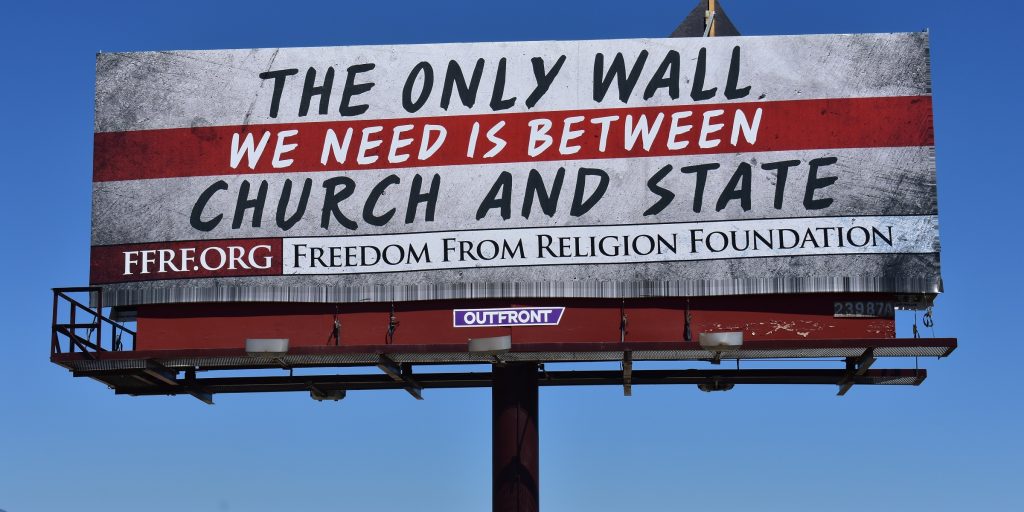
Locally, along this most conservative and arguably the most religious segment of Old Route 66, there is also a vibrant and growing secular presence. The Atheist Community of Tulsa is a local nonprofit that was established a decade and a half ago. ACT is active and engaged in social, charitable and community service activities. It is a wonderful and needed organization where secular individuals, many of whom were raised in a religious tradition, can meet, socialize and support one another. This is especially helpful for those who have departed from belief in deity who still have immediate family and close friends that remain immersed in the uncompromising clutches of religious doctrine. Since its founding it has attracted an array of upstanding citizens of all political affiliations and religious background.
For better or worse, America is changing. The land of “In God We Trust” is slowly moving away from belief in the traditional sense of deity as it was taught in Sunday School. When clergy politicize faith and deny communion or otherwise prohibit full fellowship of members of their congregations based on their politics, lifestyle or other form of doctrinal disobedience, their church ceases being a religious organization and becomes a social club. Such actions lend greatly to their own numerical decline. Clerics who abuse their authority and wield power over vulnerable congregation members for their own selfish ends certainly add fuel to that fire. In the face of evangelicals and other fundamentalists pushing a theocratic agenda of Christian nationalism, more people are opting to walk away from what organized religion is offering. Those of us who remember the Iranian Hostage Crisis of 1979-81, the Branch Davidians in Waco in 1993 and the attacks of 9/11/2001 know all too well what religious extremism and theocracy can do to its devotees and the damage it is capable of inflicting. Indeed, religious fanaticism holds mankind’s record for the cause of more wars and human suffering since our species assumed an erect posture.
Like it or not, the religious “NONES” are emerging as a majority and new face of the nation. It is the best hope for secular America for that trend to continue its upward climb. Perhaps you may agree that magical thinking has a place in entertainment and literature. Wherever its place may be, it should not be in government policy. It is my personal hope that 21st Century America will be the land of flourishing reason and continued progress.
Thank you for reading.
NPR: Religious ‘Nones’ are now the largest single group in the U.S.
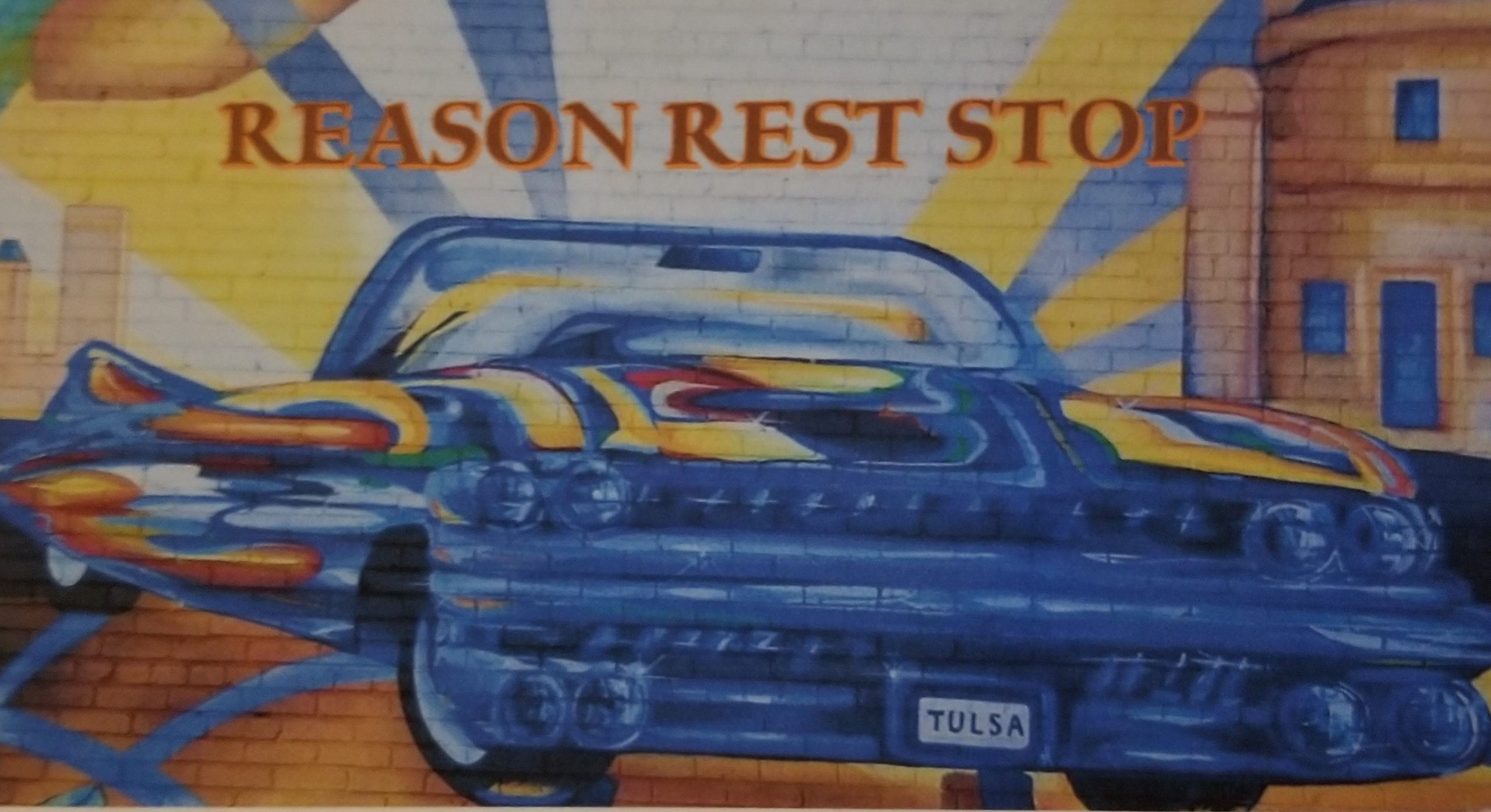
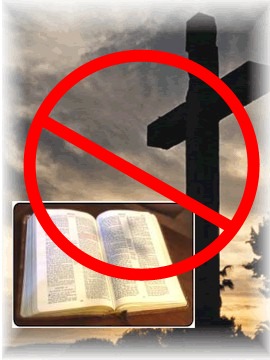
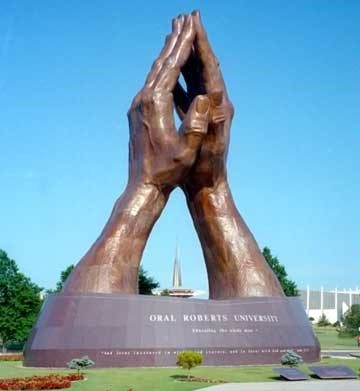
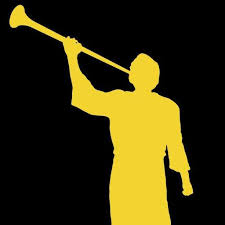

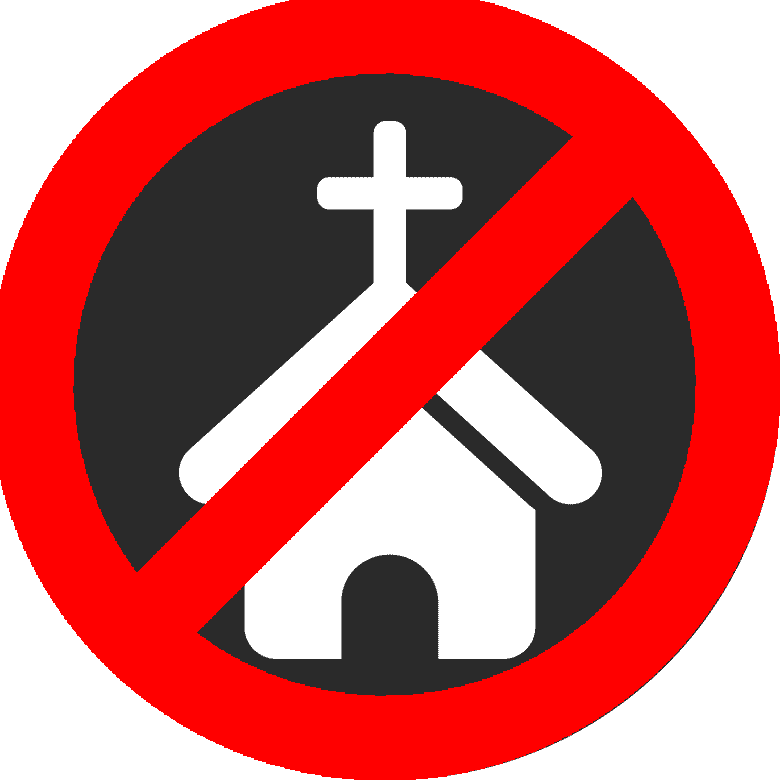
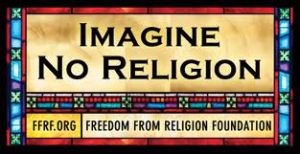
I was basically raised by atheists. When I asked my Daddy if he believed n Hell, he said, “yeah
It’s here on earth. “ but they wanted to indoctrinate me into an
Option. They did not need to. I knew the Existence of God since birth. I still do. In spite of Christian Nationalism.?
I was also raised as a Southern Baptist in Oklahoma & bought into it until I was 12 years old. On April 4, 1968 I was at a friend’s home playing, whose father was a deacon in our church, and shortly after we went inside to get a drink, a news bulletin came on TV saying that Martin Luther King had just been assassinated in Memphis, TN. At which point, my friend’s father loudly proclaimed “Good! Somebody should have shot that (N-word) a long time ago!”
It was at that point when I realized what the term ‘hypocrisy’ actually meant, and I went home and mulled over what I had just witnessed, and when it came time to go to back to church the next Sunday, I refused to go & told my parents exactly why… my parents promptly went off to church, but only to let the preacher know why they were resigning from the congregation.
I have explored various faiths as an adult, and I still have my own religious beliefs – which are similar to Jefferson’s Deism – but I can no longer say that I am a “Christian”, for far too many people of that sect are just as filled with hatred for other people as that so-called Baptist “deacon” was. And I still do my best to avoid people who are like that…